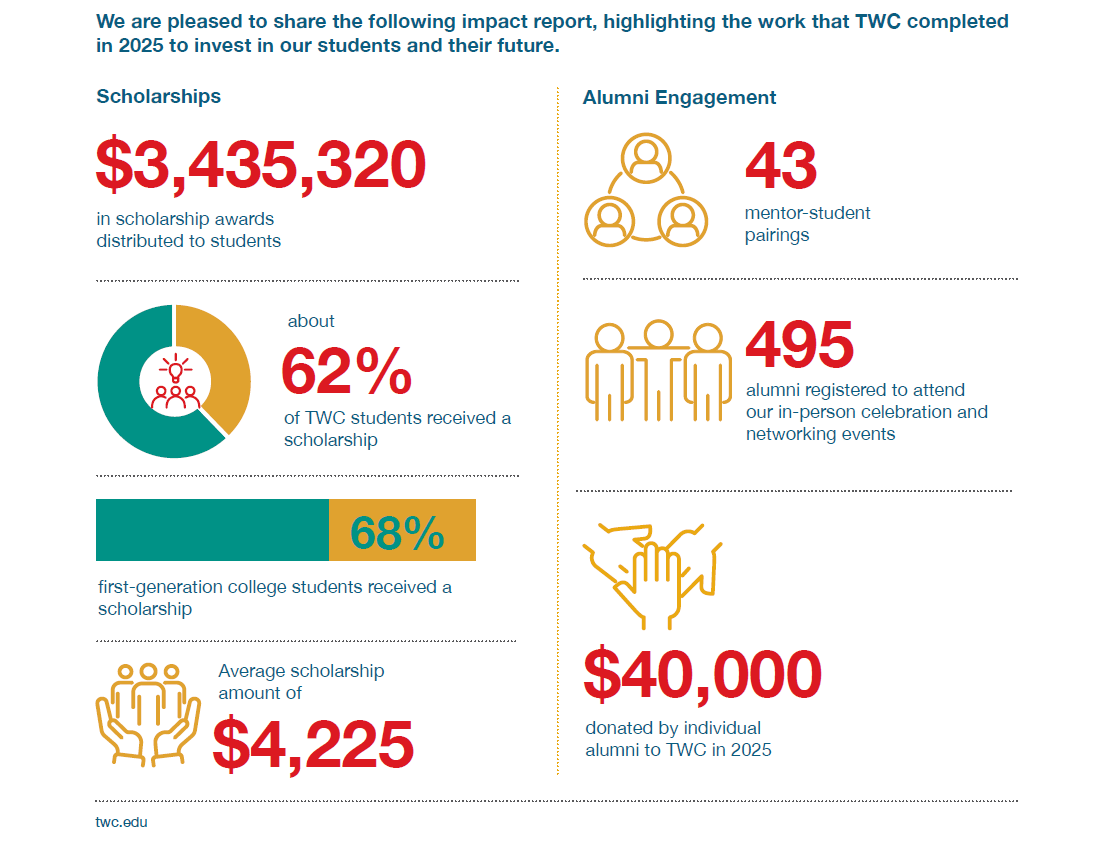
The world of national security is complex and constantly evolving.
From global conflicts and cybersecurity threats to domestic risks and emerging technologies, the challenges facing the field are more dynamic than ever. For students and aspiring professionals, staying ahead in this rapidly changing landscape requires more than just technical knowledge — it demands adaptability, strategic thinking and a deep understanding of the forces shaping our future.
What Does Adaptability Mean in National Security?
Staying Ahead of Emerging Threats
Cybersecurity breaches, artificial intelligence in warfare, bioterrorism, and misinformation campaigns — new threats arise faster than policies can be written. Adaptability means being proactive rather than reactive, anticipating challenges before they escalate.
Interdisciplinary Thinking
National security is no longer just about military strategy; it requires expertise in data analytics, law, psychology, international relations, and emerging tech fields like quantum computing and artificial intelligence. Students must be willing to develop a broad skill set that spans multiple disciplines.
The Ability to Pivot in High-Stakes Situations
Crisis response in national security requires making decisions with limited information under immense pressure. Professionals must be quick thinkers, able to assess complex situations and make calculated moves without hesitation.

Understanding Policy and Global Implications
Security threats don’t exist in a vacuum. Political shifts, diplomatic relations, economic stability and climate change all impact the landscape. Students and professionals must stay informed on international affairs and understand how policy decisions at home and abroad shape security strategies.
Lifelong Learning & Professional Development
Unlike traditional career paths, where a degree may be enough to secure long-term success, national security professionals must remain lifelong learners. This means pursuing certifications, attending briefings, engaging in scenario-based training and continuously refining skills to remain competitive and effective.
This is where The Washington Center’s National Security Seminar comes in. Designed to bridge the gap between classroom learning and real-world application, the seminar equips participants with the skills and connections needed to thrive in this critical field. Here’s how the program prepares you to navigate the evolving landscape of national security:
Learn from National Security Leaders
One of the hallmarks of TWC’s National Security Seminar is its impressive roster of speakers and site hosts. Participants have the chance to hear directly from experts like:
-
Former CIA Director John Brennan
-
Dr. Dan Massey, Program Manager at the Department of Homeland Security
-
Juan Zarate, Global Co-Managing Partner and Chief Strategy Officer at K2 Integrity
These sessions provide deep insights into policy, strategy and emerging trends, offering participants an unparalleled opportunity to learn from some of the best minds in the field.
Immersive Exploration of Leading Institutions
The seminar takes participants behind the scenes at some of the most influential national security institutions in Washington, D.C. Site visits have included:
-
Department of Homeland Security
-
Defense Intelligence Agency
-
Center for Strategic and International Studies
-
Deloitte and other non-government partners
These visits provide a firsthand look at how government agencies, think tanks and private organizations collaborate to protect our nation. They also offer a glimpse into the wide range of career pathways available in national security.
Building Knowledge on Key National Security Topics
The seminar covers a broad spectrum of critical issues, equipping participants with a well-rounded understanding of today’s most pressing challenges. Topics include:

-
Global conflicts and geopolitical tensions
-
Domestic threats and homeland security
-
Cybersecurity and digital threats
-
The Future of War
-
Policy-making and strategic decision-making
Small group discussions allow participants to dive deeper into these subjects, fostering open, respectful debates and thoughtful conversations about complex national security issues.
Networking
Adaptability in national security isn’t just about knowledge — it’s also about building relationships. The seminar’s networking opportunities connect participants with both national security professionals and fellow attendees, opening doors to internships, mentorships, and long-term career opportunities.
This intensive program provided invaluable insights into the complexities of national security, allowing me to engage with industry experts, thought leaders and peers. I look forward to applying this knowledge and contributing to meaningful solutions in the field."
Tamila Urumbaeva
University of Maryland Global Campus
2024 Program Alumni
Take the First Step Toward a Meaningful Career
For those looking to break into national security, adaptability is what separates the exceptional from the average. Whether pursuing a role in intelligence, cybersecurity, diplomacy, or defense, the ability to think strategically, pivot when necessary and stay ahead of the curve will determine long-term success. If you’re ready to make an impact, TWC’s National Security Seminar is the perfect launchpad. With hands-on learning, access to top experts and immersive site visits, this program prepares you to lead in a rapidly evolving field.
About the Author
Follow on Twitter Visit Website More Content by The Washington Center






















